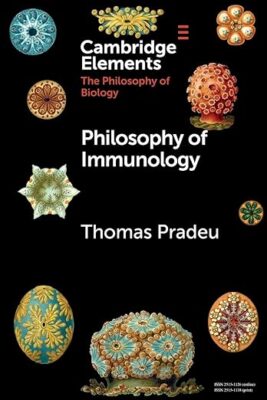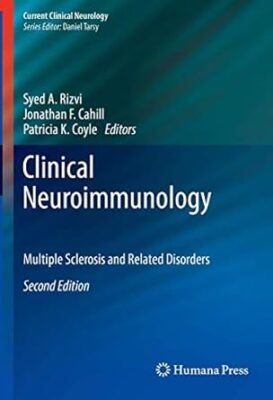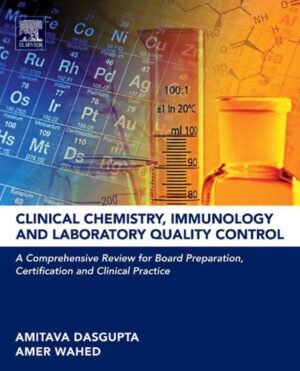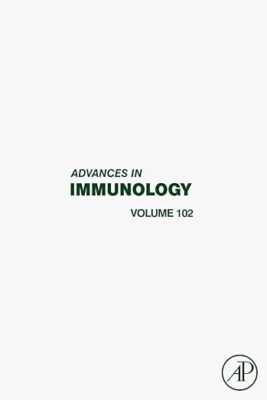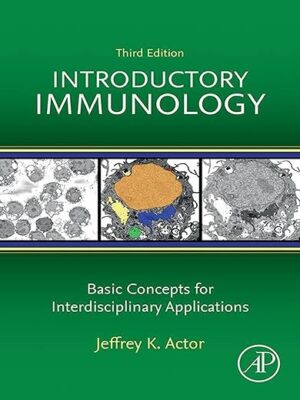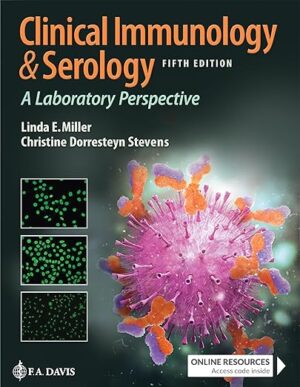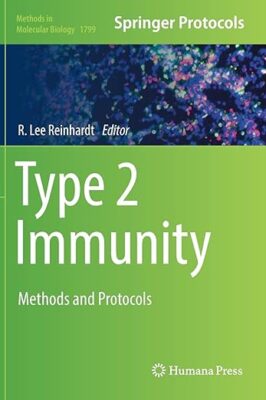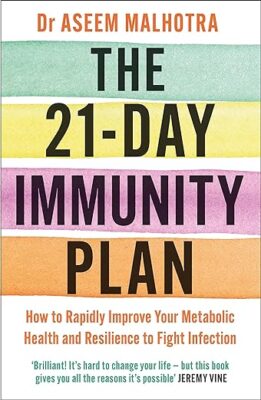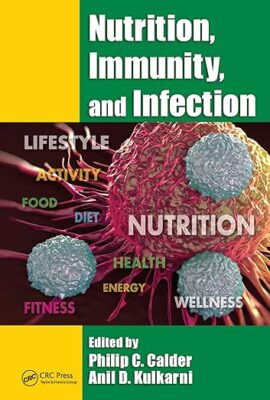1st Edition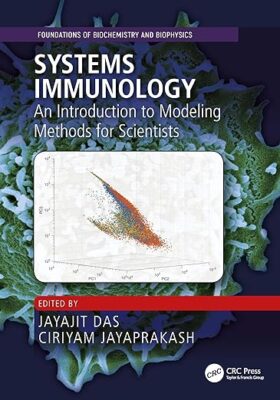
“Taken together, the body of information contained in this book provides readers with a bird’s-eye view of different aspects of exciting work at the convergence of disciplines that will ultimately lead to a future where we understand how immunity is regulated, and how we can harness this knowledge toward practical ends that reduce human suffering. I commend the editors for putting this volume together.”
–Arup K. Chakraborty, Robert T. Haslam Professor of Chemical Engineering, and Professor of Physics, Chemistry, and Biological Engineering, Massachusetts Institute of Technology, Cambridge, USA
New experimental techniques in immunology have produced large and complex data sets that require quantitative modeling for analysis. This book provides a complete overview of computational immunology, from basic concepts to mathematical modeling at the single molecule, cellular, organism, and population levels. It showcases modern mechanistic models and their use in making predictions, designing experiments, and elucidating underlying biochemical processes. It begins with an introduction to data analysis, approximations, and assumptions used in model building. Core chapters address models and methods for studying immune responses, with fundamental concepts clearly defined.
Readers from immunology, quantitative biology, and applied physics will benefit from the following:
- Fundamental principles of computational immunology and modern quantitative methods for studying immune response at the single molecule, cellular, organism, and population levels.
- An overview of basic concepts in modeling and data analysis.
- Coverage of topics where mechanistic modeling has contributed substantially to current understanding.
- Discussion of genetic diversity of the immune system, cell signaling in the immune system, immune response at the cell population scale, and ecology of host-pathogen interactions.
DOWNLOAD THIS MEDICAL BOOK

